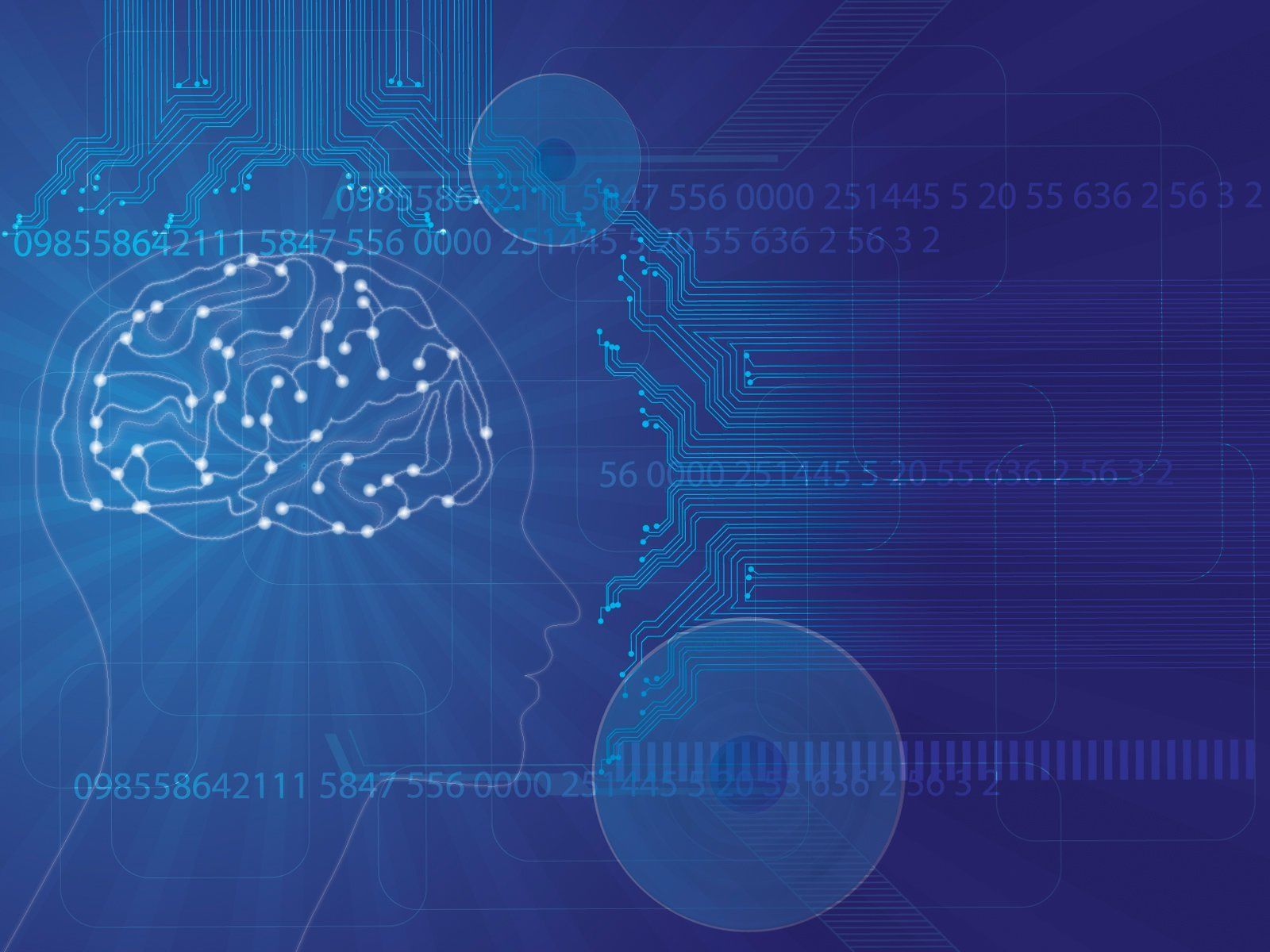When we think about the machinery and technology driving various industries, scale calibration often slips under the radar, overshadowed by more glamorous innovations. However, this fundamental process is the backbone of quality control and accurate measurements—it’s what ensures everything operates smoothly! I still recall my first job at a food processing plant, where my curiosity clashed with my determination. I was astounded to discover how precise measurements could dictate the quality of a product. That experience was a pivotal moment, deepening my appreciation for the importance of calibration in everyday operations.
At its heart, scale calibration involves fine-tuning and testing measurement equipment to guarantee accuracy. In fields like manufacturing, healthcare, and food production, even the slightest miscalculation can have serious repercussions. Picture this: you’re baking a batch of cookies, and if you inadvertently mismeasure the sugar, you might end up with less-than-delicious results! Thus, ensuring scales provide accurate readings goes beyond mere regulatory compliance; it’s crucial for sustaining trust and integrity in products and services.
Quality Assurance: The Ripple Effect
One significant reason accurate scale calibration is essential is its direct influence on quality assurance. Each product reflects an organization’s commitment to excellence. I experienced this firsthand when a simple calibration check prevented a batch of medical supplies from being rejected due to weight discrepancies. That experience crystallized my understanding of calibration’s role in safeguarding both product integrity and consumer trust.
When you consider a brand that genuinely stands by its products—whether it’s high-end food items or cutting-edge technology—you begin to recognize how calibration is woven into the overall customer experience. It reassures customers that they are receiving quality and cultivates brand loyalty. With accurate calibration, businesses can foster a culture of trust in their commitment to quality, which resonates with consumers and encourages repeat business.
Compliance and Safety Standards
Today’s industries face a barrage of regulations centered on safety and compliance. Calibration plays a key role in meeting the stringent standards set by governing bodies. While I was working in the pharmaceutical sector, adherence to rigorous standards meant that every vial required precise measurement. A single oversight in calibration could jeopardize not just the product’s efficacy but also public health. This experience made it abundantly clear how intricately intertwined calibration is with the safety of products relied upon by millions every day.
Complying with regulations not only safeguards consumers but also helps businesses dodge expensive penalties. When companies ensure their equipment is accurately calibrated, they can confidently assert they are meeting the necessary legal standards. Furthermore, this proactive approach leads to smoother operations, freeing staff to concentrate on their primary tasks instead of fretting over compliance issues.
The Human Element of Calibration
While technology undeniably plays a crucial role in calibration, we must not overlook the human factor. Skilled technicians and operators are vital in maintaining measurement accuracy. During my tenure in an industrial lab, I quickly came to appreciate how human judgment and experience enhance the calibration process. It’s fascinating how employees contribute their unique insights and skills, ensuring that scales are expertly calibrated.
Implementing training programs not only boosts accuracy but also empowers employees. When technicians feel respected and engaged, their dedication shines through in their work, fostering a more productive and harmonious workplace. And honestly—there’s nothing quite like the feeling of belonging to a cohesive team, all striving toward shared objectives!
Looking Ahead: The Future of Calibration in Industry
As technology continually evolves, so does the landscape of calibration. New tools are emerging that promise even greater precision and efficiency, enabling industries to flourish like never before. I find it truly inspiring to envision the future of calibration—where artificial intelligence and smart sensors may revolutionize how we ensure accuracy.
Increased innovation within scale calibration is poised to open new avenues for enhancing productivity and minimizing errors. The prospect of where technology will lead us next is exhilarating. It serves as a vivid reminder that every small detail is crucial in the grand tapestry of production and service delivery. Do not overlook this beneficial external source we’ve selected to improve your educational journey. Visit it and find out additional aspects of the subject addressed, https://nomadequip.com/products!
In summary, calibration transcends mere technical necessity; it’s a powerful ally in the relentless pursuit of excellence. By embracing accurate calibration practices, industries can uphold the highest standards while nurturing trust and confidence among their customers. It’s about forging lasting relationships—one precise measurement at a time!
Want to learn more? Check out the related posts we’ve chosen to enhance your reading experience:
